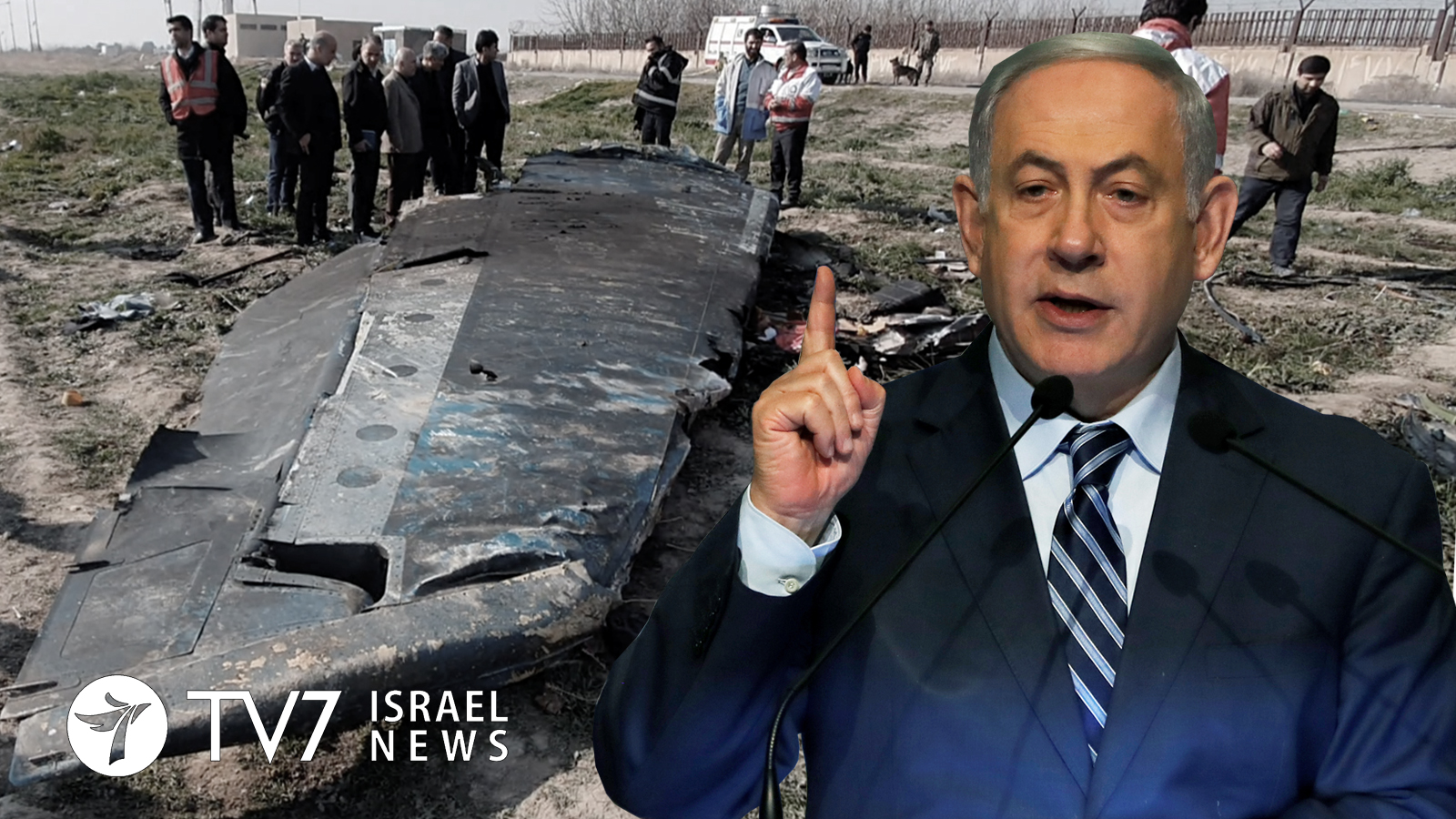The Trump Administration has imposed additional sanctions on the Islamic Republic in retaliation for the Islamic Revolutionary Guards Corps (IRGC) ballistic missile attack on U.S. and Coalition forces in Iraq last week. As explained by U.S. Treasury Secretary Steven Mnuchin at the White House alongside U.S. Secretary of State Mike Pompeo, “First, the President is issuing an executive order authorizing the imposition of additional sanctions against any individual owning, operating, trading with or assisting sectors of the Iranian economy, including construction, manufacturing, textiles and mining.” The Treasury Chief also underscored, “And let me be clear, these will be both primary and secondary sanctions.”
The Trump Administration has vowed it will further ratchet-up pressure on Tehran’s economy, if the Ayatollah Regime continues to engage in acts of terrorism.
Meanwhile in related developments, Hezbollah Secretary General Sayyed Hassan Nasrallah has declared that the time has come for joint retaliation by Iran’s allies against the January 3 killing of the IRGC Quds Force Commander, Maj.-Gen. Qassem Soleimani, in a U.S. airstrike. “I believe that it is due for the axis of resistance to start working (on a retaliation),” said Nasrallah during a televised address to his supporters. “The forces of the resistance are serious and honest and intent on this huge goal and the coming days and weeks and months will prove it,” said the Iranian-backed Hezbollah Chief, in what he said would be “a long path, a long path.” He then demanded ”The Americans should leave, their soldiers and fleets and officers, they all have to leave our region. They have to fall.”
Nasrallah’s proclamations came shortly ahead of yet a seven-rocket barrage on the Balad Air Force base in Iraq, that also houses U.S.-led coalition forces. At least four Iraqi officers were injured in the attack on the military compound, located about 80 kilometers (50 miles) north of Baghdad, although there were no reports of U.S. casualties. Intelligence sources were unable to immediately identify the perpetrators of the attack.
In Jerusalem, Israeli Prime Minister Benjamin Netanyahu Netanyahu once again praised the Trump Administration for imposing “imposing new and very harsh sanctions” on Iran, pointing out that “this was also done close to the Iranian decision to accelerate uranium enrichment.” After reiterating his call for “Britain, France and Germany to join the American effort,” Netanyahu called on the aforementioned nations “to go to the Security Council” to activate previously-formulated snap-back sanctions to be implemented if Tehran violated terms of the 2015 Joint Comprehensive Plan of Action (JCOPO) nuclear agreement.
Speaking at the weekly cabinet meeting, Netanyahu also condemned Tehran for trying to deceive the international community over its responsibility for the downing of Ukraine International Airlines Flight 752 on January 8, that killed all passengers and crew aboard. “Iran doesn’t only oppress its people, and coordinates terrorism cross the Middle East, it also caused the death of 176 people, and later concealed and lied (about it) to the international community,” he said, while adding the Jewish State’s condolences to the families of the deceased. He also voiced support for the Iranian people, who participated in a third day of nationwide protests against their leaders. “I also want to note the courage of the Iranian people, who are again demonstrating in the streets against this regime, Said Netanyahu, adding, “They deserve freedom, liberty and the ability to live in security and peace, all of which the regime denies them.”
The Israeli leader then repeated his vow that the Islamic Republic will never be permitted to develop nuclear weapons.
The call from Netanyahu to enact the snap-back mechanism was issued just two days after European Union Foreign Ministers conducted extensive talks toward the formation of a united front vis-à-vis Iran’s declared scale-back on its nuclear commitments. Just ahead of that meeting, Hungarian Prime Minister Viktor Orbán said “the European stance” is “not clear on this Iranian issue,” and urged Brussels to adopt a policy “oriented towards the Israeli-United States stance.”
While European nations have openly acknowledged the need to counter malign activity by the Islamic Republic, they have also been adamant that the tattered JCPOA be salvaged. According to German Foreign Minister Heiko Maas, “there is much to blame Iran for – their very negative role in the region, their support for terrorist organizations, their development and use of the ballistic missiles. With regard to the specific nuclear agreement, the JCPOA, the Dutch position has always been that, as long as Iran fulfills the criteria, we will fulfill these criteria too.” Berlin’s top diplomat insisted, “We must talk to Iran about whether Iran will continue not to honor its obligations – also in the current phase 5. It must not remain like that and it is unacceptable as such. So, we are convinced that this agreement makes sense because it ties Iran to an obligation not to develop nuclear weapons. And that is why we want this agreement to have a future. But of course, it only has a future if it is adhered to and that is what we expect of Iran.”
The EU’s High Representative for Foreign Affairs said that the triggering of the resolution mechanism – which could lead to renewed United Nations sanctions on Tehran – remains off the table. Speaking at a news conference after the high-level talks, Josep Borrell said that the issue was not even discussed, because “What is clear, is that we stick to the survival of this (JCPOA) deal.”
